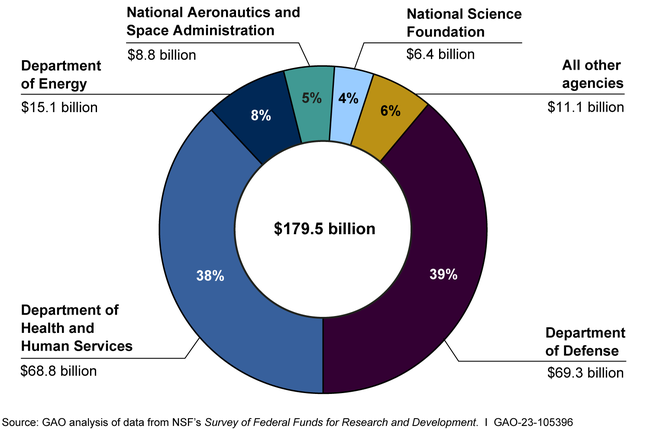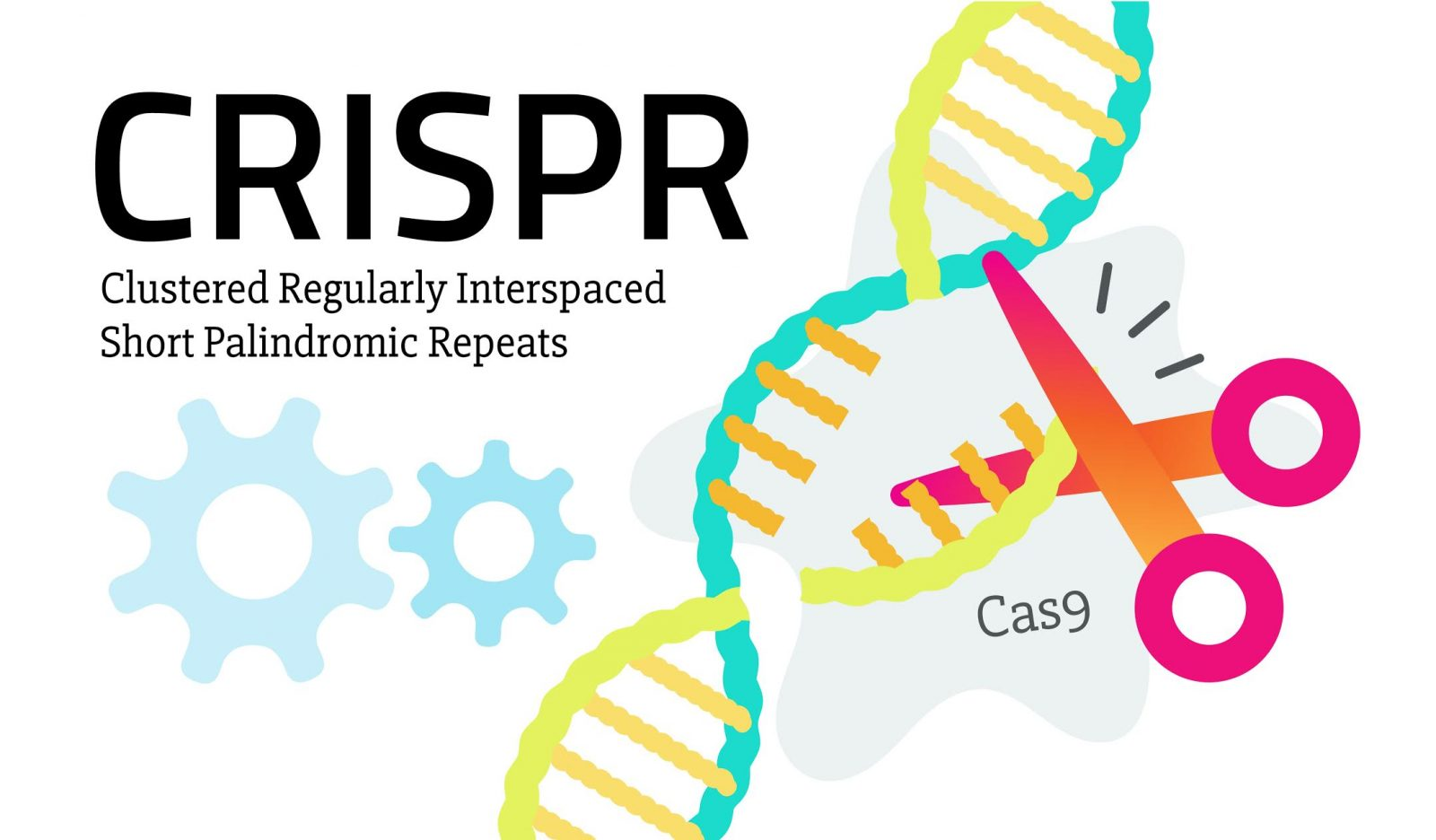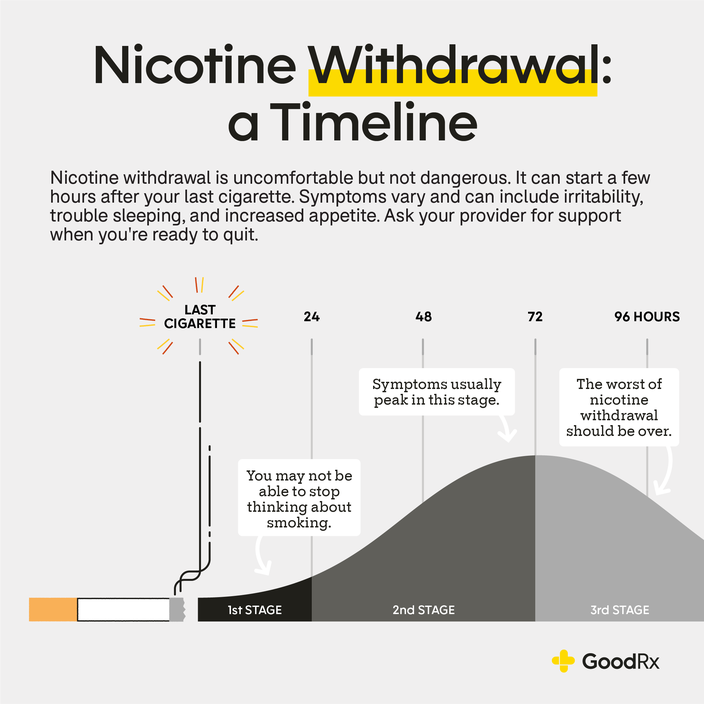Federal grant research serves as a critical foundation for advancing public health initiatives and improving community well-being. As researchers like Karen Emmons and Jorge Chavarro demonstrate, obtaining federal funding is not just a rite of passage; it is a gateway to impactful studies such as cancer risk reduction and nutrition influencing human reproduction. These grants, often administered by institutions such as the National Institutes of Health (NIH), empower scientists to explore innovative solutions to pressing health issues. However, navigating through the complexities of the NIH grant application process requires not only a solid research plan but also patience and persistence. In a landscape where public health research funding is increasingly competitive, the efforts of dedicated researchers embody the need for governmental support to foster health advancements that benefit society as a whole.
Research funding from federal sources plays an indispensable role in the exploration of health-related topics that affect countless lives. Terms such as public health support and government-sponsored research underscore the financial backing available to scholars aiming to tackle critical subjects including disease prevention and reproductive health. In collaborative environments like Harvard University, investigators are driven to secure research grants that facilitate rigorous investigations into areas like cancer prevention and nutritional science. These funding opportunities not only enhance scientific inquiry but also ensure that successful research translates into practical applications for community health. As researchers strive to submit compelling proposals, the importance of comprehensive public health funding cannot be overstated in its potential to shape a healthier future.
Understanding Federal Grant Research
Federal grant research is an essential component of advancing scientific knowledge and public health. For researchers, securing a federal grant signifies that their proposal has been thoroughly vetted and deemed worthy of funding. This process can often feel overwhelming, given the depth of documentation and rigorous standards set forth by institutions like the National Institutes of Health (NIH). With the right strategies, researchers can navigate through the complexities of proposal writing and highlight the innovative aspects of their research to improve their chances of success.
Moreover, federal grants not only provide vital financial support but also bestow credibility upon the research team. A well-founded NIH grant application demonstrates a commitment to addressing critical health issues, such as nutrition and human reproduction, and it underscores the potential benefits that such studies can yield for society. By documenting existing knowledge gaps and demonstrating the anticipated impact, researchers can articulate a compelling case that resonates with funding bodies. This is particularly crucial in competitive fields like public health research, where securing funds translates directly into advancements in community health solutions.
The Importance of Public Health Research Funding
Public health research funding is essential for developing strategies that can address pressing health issues, such as cancer risk reduction and nutrition-related health outcomes. Without adequate funding, researchers like Karen Emmons, who focus on health disparities, would struggle to implement their work effectively. Public health research plays a vital role in broadening our understanding of how lifestyle, environment, and genetics interact to influence health. It is through these studies that life-saving interventions are developed, tested, and put into practice.
In recent years, the landscape of public health research funding has faced challenges, including governmental policies that threaten grant availability. The freezing of grant applications, as experienced by researchers at Harvard, highlights how such decisions can disrupt ongoing and critical studies. As funding sources dwindle, the burden falls on researchers to innovate with fewer resources. This situation emphasizes the need for continuous support from federal entities to ensure that meaningful public health research can continue to thrive and generate tangible health improvements for diverse populations.
Challenges Facing NIH Grant Applications and Strategies for Success
The NIH grant application process is known for its complexity, with researchers required to demonstrate both innovation and the feasibility of their proposed projects. The extensive documentation required can be daunting, as applications can span over 100 pages, detailing every aspect of the research plan. For applicants, it is crucial to present a clear narrative that not only articulates the specific aims but also connects the research to broader public health implications. Peer feedback during the drafting process can help identify potential weaknesses and improve the proposal.
Moreover, successful applicants often emphasize their collaborative efforts in their proposals. Engaging community partners and establishing research networks can augment the perceived value of the research, showcasing a multi-faceted approach to public health challenges. By documenting preliminary data and previous successes, researchers can bolster their case. This strategic alignment not only maximizes the chances of approval but also aligns with the NIH’s mission to advance impactful research that can improve human health.
Innovative Approaches in Cancer Risk Reduction
Cancer risk reduction research has become increasingly essential in the field of public health, as statistics show a stark rise in cancer diagnoses. Innovative approaches in this area often involve a combination of lifestyle interventions, dietary adjustments, and educational initiatives aimed at vulnerable communities. Researchers like Karen Emmons focus on understanding how social determinants of health affect cancer risks, which is crucial for developing targeted interventions that effectively reach those most at risk.
Furthermore, collaborative research that integrates nutrition and behavioral strategies is showing promise in reducing cancer incidence. By evaluating dietary factors and their roles in human reproduction, researchers can establish predictive models that inform public health policies. The results from such studies not only provide actionable insights for reducing cancer rates but also address broader nutrition-related public health issues. This demonstrates how integrative research can forge new pathways toward better health outcomes.
Navigating Funding Challenges: Strategies for Researchers
Navigating the challenges associated with securing research funding requires a well-thought-out strategy. Researchers often benefit from developing strong narratives that connect their work to larger public health objectives. This involves not only articulating the significance of the research but also providing a clear justification for the budget, demonstrating how each expense contributes to advancing scientific understanding. Acquiring feedback from peers or mentors can also provide valuable perspectives that strengthen the application.
Additionally, understanding the landscape of available grants can provide researchers with a competitive edge. By focusing on institute-specific research priorities, applicants can tailor their proposals to meet specific funding criteria effectively. Engaging with prior successful grantees or participating in workshops can also shed light on best practices for NIH grant applications. These proactive measures can significantly enhance researchers’ chances of securing necessary public health funding.
The Role of Community Partnerships in Research
Community partnerships play a critical role in advancing public health research, particularly when exploring topics like nutrition and cancer risk reduction. Collaborating with local organizations helps researchers bridge the gap between academic knowledge and practical application. By engaging directly with the communities that their research aims to serve, scientists can ensure that their studies are not only relevant but also culturally sensitive and effective.
Furthermore, fostering these relationships can provide researchers with essential insights into community health needs and priorities. This grassroots engagement allows for a more comprehensive understanding of the local context, leading to interventions that are more likely to succeed. By making community partners co-investigators in the research process, researchers can promote a sense of ownership and responsibility among community members, ultimately enhancing the impact of public health initiatives.
Ethical Considerations in Public Health Research
Ethical considerations are paramount in public health research, especially when working with human subjects. Ensuring the protection and well-being of participants is not only a legal requirement but also a moral obligation incumbent upon researchers. This involves obtaining informed consent and ensuring confidentiality while transparently communicating the potential risks and benefits of the research. Researchers like Emmons emphasize the importance of ethical practices, understanding that the integrity of the research process directly influences the validity of the findings.
Moreover, ethical research practices promote trust and cooperation between researchers and study populations. Addressing ethical concerns proactively can help to alleviate community hesitations about participation, particularly in marginalized groups that may have historically faced exploitation in research settings. By prioritizing ethics, researchers can foster a collaborative environment that respects participant autonomy while still achieving relevant public health objectives.
Writing Competitive NIH Grant Applications
Writing competitive NIH grant applications requires careful planning and meticulous attention to detail. Researchers must begin by clearly defining their specific aims, providing a succinct yet comprehensive overview of the intended research outcomes. It’s crucial to frame the research problem in a way that resonates with NIH priorities, integrating current knowledge and demonstrating how their work will advance the field. Articulating the innovative nature of the research is key to catching the reviewers’ attention.
Furthermore, the importance of a well-structured budget cannot be overstated. Each item in the budget must be meticulously justified, explaining why the resources are necessary for the research’s success. This includes detailing how the funds will be allocated to expenses such as personnel, equipment, and participant recruitment. A clear budget enhances the proposal’s legitimacy and shows that the researcher has considered the financial implications of their project thoughtfully.
The Future of Public Health Research Funding
The future of public health research funding is shaped by an increasing recognition of the vital role that scientific inquiry plays in improving healthcare outcomes. As the world grapples with complex health issues like the COVID-19 pandemic, there is a growing understanding of the need for sustained investment in health research. Policymakers are beginning to recognize that funding research brings long-term benefits, from preventing diseases to reducing healthcare costs.
On the horizon, we may see shifts in funding priorities, with more emphasis placed on interdisciplinary research that tackles multiple health determinants simultaneously. As researchers advocate for a more equitable distribution of funds to underrepresented areas, public health research will likely evolve to include a broader range of social, economic, and environmental factors influencing health outcomes. Continuing to secure federal grants will be essential in this endeavor, ensuring that groundbreaking research can flourish.
Frequently Asked Questions
What are the key steps in the NIH grant application process for public health research funding?
The NIH grant application process involves several key steps for public health research funding. First, researchers must identify a unique and innovative idea that addresses existing gaps in their field. Next, they should establish relationships with community partners, conduct preliminary research, and review relevant literature. Writing the application includes creating a specific aims page, followed by a comprehensive proposal that outlines the research methods, expected outcomes, and budget justification. Once submitted, applications undergo a rigorous review process by Scientific Review Groups and advisory councils, with only the most meritorious proposals receiving funding.
How does federal grant research contribute to cancer risk reduction initiatives?
Federal grant research plays a critical role in cancer risk reduction initiatives by funding studies that explore various risk factors and prevention strategies. Researchers like Karen Emmons focus on innovative approaches to reduce cancer risk in under-resourced communities. By securing funding through federal grants, they can conduct essential research, develop new interventions, and test the effectiveness of public health campaigns aimed at minimizing cancer incidence. These initiatives are vital for advancing scientific understanding and improving health outcomes.
What is the significance of Harvard University research grants in public health initiatives?
Harvard University research grants are significant in public health initiatives as they support pioneering studies aimed at improving population health. These grants provide funding for researchers like Jorge Chavarro, who investigates nutrition and human reproduction. By enabling professionals to conduct groundbreaking research with federal grant backing, Harvard contributes to developing evidence-based strategies that address pressing public health issues and ultimately enhance the quality of life through informed health decisions.
What challenges do researchers face when applying for NIH grant funding?
Researchers face several challenges when applying for NIH grant funding. The process is highly competitive, with success rates often below 20%. Creating a substantial proposal requires significant time investment in research design, methodology, and budget development. Additionally, securing preliminary data to support innovative ideas is crucial, as is demonstrating the potential impact of the research. The sheer volume of applications means that only projects that are not only innovative but also align closely with NIH priorities are likely to receive funding.
How can public health researchers ensure the ethical treatment of participants in federally funded studies?
Public health researchers can ensure the ethical treatment of participants in federally funded studies by adhering to the standards set by Institutional Review Boards (IRBs) and following guidelines outlined by federal regulations. This includes obtaining informed consent, ensuring confidentiality, and conducting risk assessments. Researchers must also provide clear information about the study’s purpose, procedures, and potential risks and benefits to participants to ensure transparency and ethical conduct throughout the research process.
What role does the NIH play in overseeing the federal grant research process?
The NIH plays a crucial role in overseeing the federal grant research process by establishing rigorous review systems to ensure that proposed research projects meet high scientific and ethical standards. They evaluate applications through Scientific Review Groups consisting of expert scientists, who score proposals based on criteria such as innovation, significance, and approach. Moreover, the NIH ensures that funded research aligns with national health priorities, promoting advancements in scientific knowledge and public health.
| Key Point | Details |
|---|---|
| Federal Grant Importance | Securing federal grants is a crucial milestone for public health researchers, enabling them to conduct impactful research. |
| Research Leaders | Karen Emmons focuses on cancer risk reduction, while Jorge Chavarro studies nutrition and human reproduction. |
| Challenges in Grant Acquisition | Funding cuts and administrative demands have increased competition and risks, hindering essential cancer and health research. |
| Grant Application Process | The process requires extensive preparation, including relationship building, preliminary research, a detailed proposal, and ethical considerations. |
| Scientific Review Groups | Grant applications undergo rigorous evaluations by committees, which score proposals based on innovation and significance. |
| Funding Success Rates | Success rates for grants like the R01 at the National Cancer Institute are low, with a 14.6% acceptance rate reported in 2023. |
| Importance of Methodology | The meticulous nature of grant writing and research is essential for maintaining quality and upholding public trust in science. |
Summary
Federal grant research plays a pivotal role in advancing public health initiatives, particularly for researchers like Karen Emmons and Jorge Chavarro. Their work emphasizes the importance of securing funding to support innovative studies that ultimately transform health outcomes. Despite the challenges faced in the grant application process, including funding freezes and low acceptance rates, the commitment of scientists to making a difference remains strong. In summary, securing federal grants is not just about funding; it represents hope in the quest to reduce health disparities and improve the quality of life for communities.




